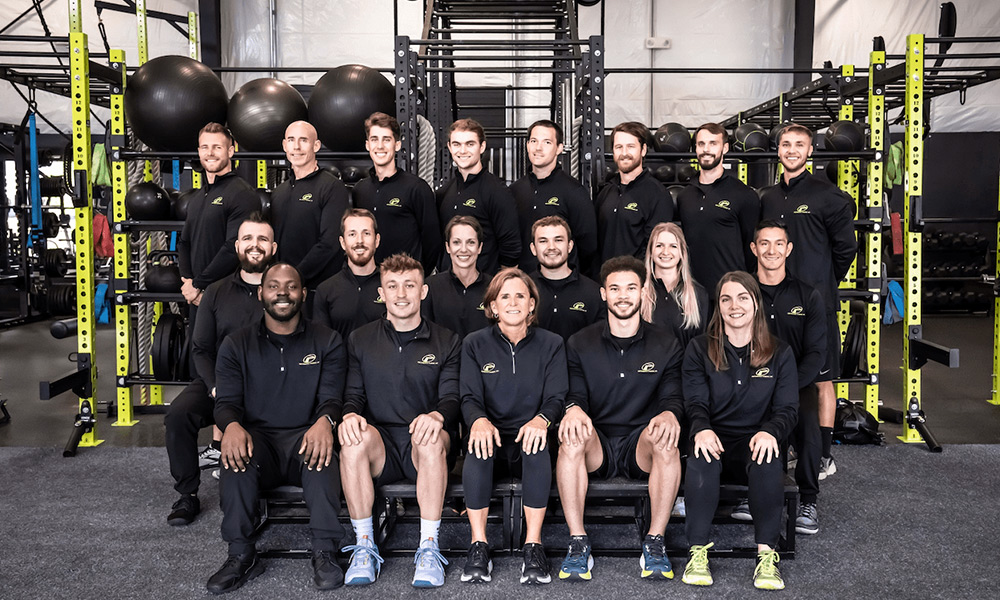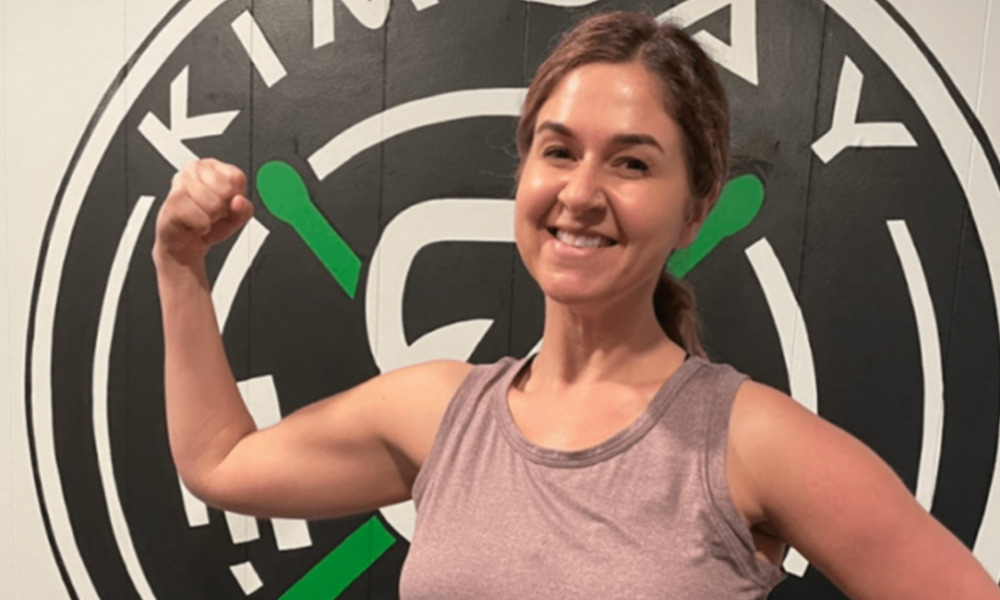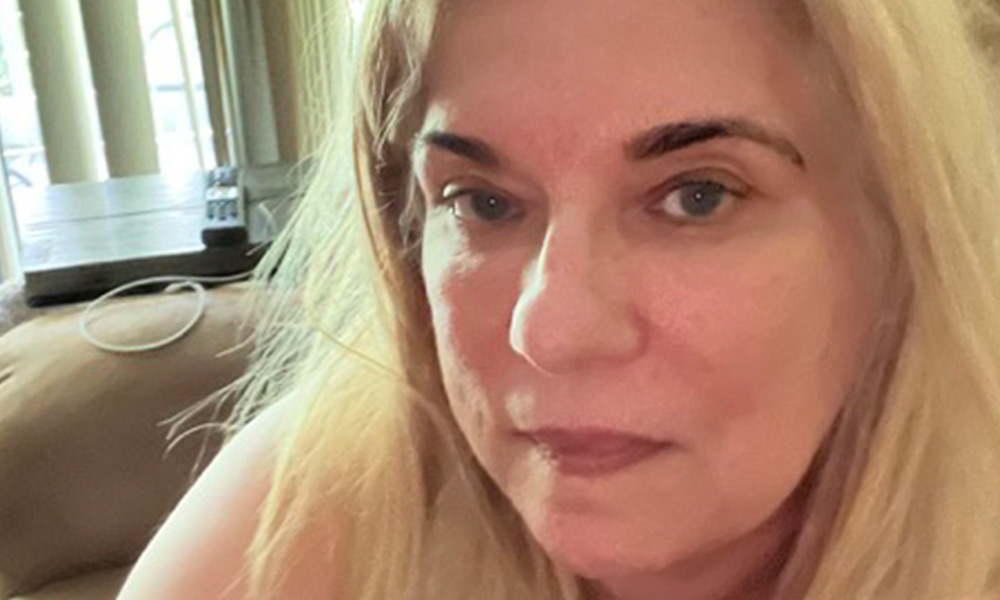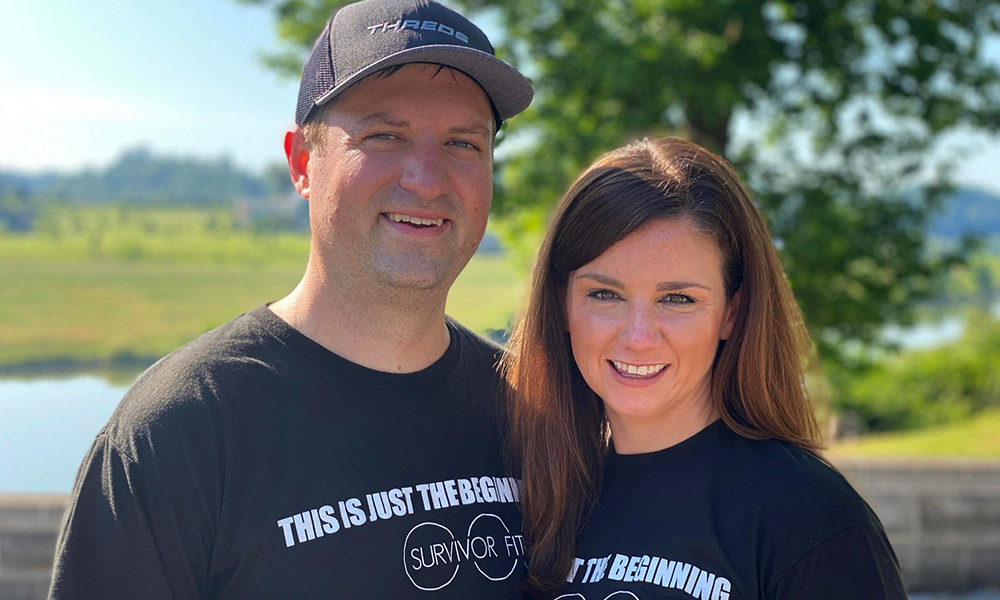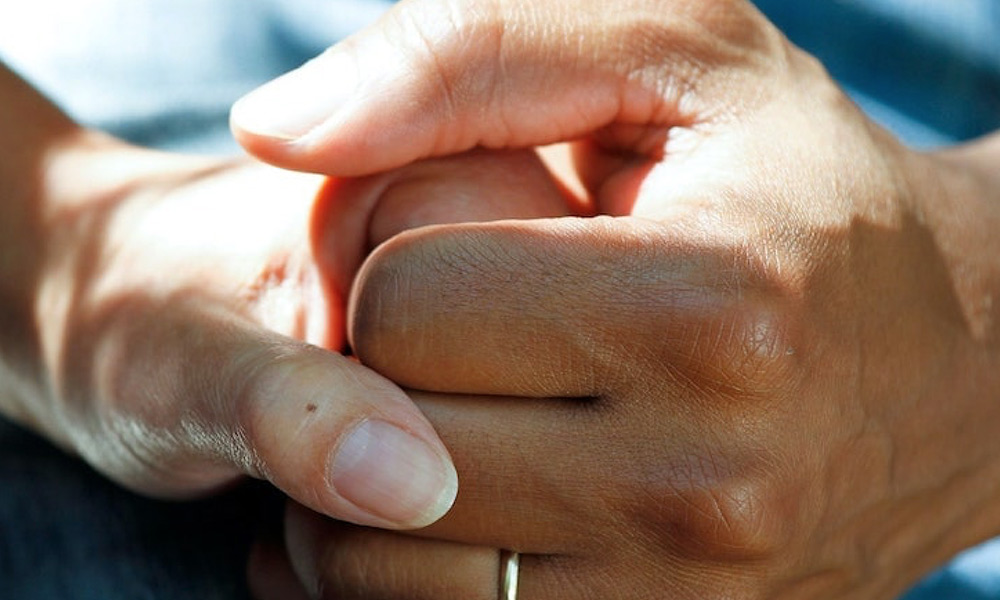One of the gifts we’ve experienced at Survivor Fitness is the opportunity to partner with world-class fitness centers and nutrition partners across Tennessee. And while participants often talk about how life-changing it is to work with a fitness specialist, the experience is just as impactful for our coaches and trainers.
Every trainer, fitness center, and nutritional specialist we partner with has their own reason for being part of the Survivor Fitness network. For some, it’s an opportunity to help make a tangible difference for someone who’s gone through a difficult season. Others have a more personal connection. That’s the story for Anita Slaughter, owner of A|Train Fitness Coaching in Nashville.
Anita has been a personal trainer and fitness coach for more than 20 years. While some trainers are drawn to the performance coaching and aesthetic component of fitness, Anita always knew the health component would drive her fitness career. She also had a personal connection with cancer that made her decision to partner with Survivor Fitness a “no-brainer.”
“My mother had a full hysterectomy and double mastectomy by the age of 34. She had non-Hodgkins lymphoma as a teenager. She’s a fighter through and through,” Anita recalled. “Knowing the impact fitness and proper nutrition has on our overall health and ability to fight off cancer and disease is all the inspiration I need!”
Anita and her team at A|Train have been working with Survivor Fitness participants for years. As a Cancer Exercise Specialist Certification Facility, the team at A|Train does an incredible job of helping participants take a step-by-step approach toward wellness, focusing on one day at a time.
Getting Survivors Back on Their Feet Again
Every Survivor Fitness participant has their own unique story and journey of recovery. Most are looking for ways to recover at least some of the strength and endurance they experienced before their diagnosis. Everyone’s journey is different as they look to recover strength and return to their routines after a cancer diagnosis. Anita highlighted one particular story in which that goal was quite literal.
“If I had to single out a particularly inspiring moment, it was a client who was diagnosed with spindle cell sarcoma and lost a good portion of her quadricep muscle,” Anita shared.
The participant’s only goal was to be able to get off the ground after playing with her grandchildren. She had been told by a physical therapist that she had too much muscle loss to be able to push up from the ground without assistance. Carrie Loughlin, the participant’s A|Train Fitness coach, suggested they just work with the muscles that were still functioning effectively.
“I’ll never forget that moment. I was at my desk, and I heard shouting and I thought something horrific happened,” Anita remembered. “I ran downstairs to find her crying tears of joy! For the first time, she was able to stand up from the floor on her own!”
It was a moment that no one in that room will ever forget. Anita described how they were all in tears and their outlook on life was forever changed.
Experiencing a Future of Hope
It can be overwhelming for cancer survivors to even know where to begin after a life-altering experience. The team of coaches at A|Train do an incredible job of guiding and directing participants to undertake safe and effective fitness programs.
Every cancer survivor they train receives a personalized approach. Anita and her team tailor each program based on the participant’s age, diagnosis, fitness level, and what treatments they received.
The recovery journey is full of difficult and challenging moments. But it’s a different kind of journey than the one cancer survivors experience during treatment.
“My favorite part of working with participants is the first time they see HOPE in their future,” Anita described. “For us to be able to provide direction and guidance toward a healthy future makes my heart full. It is an emotional journey and lots of tears of joy are shed throughout the process.”
Join the Survivor Fitness Community
We’re incredibly grateful for the team at A|Train and the life-changing expertise they offer Survivor Fitness participants.
If you’re a personal trainer or fitness center who is interested in supporting cancer survivors after treatment, connect with our team to learn how you can join the Survivor Fitness network.
If you’re a cancer survivor looking to “get back on your feet” after treatment, we’d love for you to check out our program or submit an application today!

